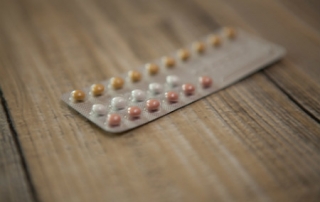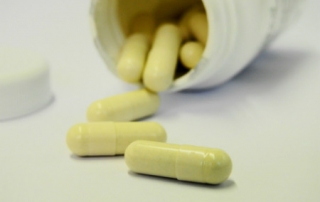Premenstrual Syndromes: What is the Optimal Duration of Treatment?
Premenstrual Syndrome (PMS) and Premenstrual Dysphoric Disorder (PMDD) affect a large number of women of childbearing age. 30-80% of reproductive age women experience premenstrual symptoms. PMS refers to a pattern of physical, emotional, and behavioral symptoms occurring 1-2 weeks before menses and remitting with the onset of menses. Common symptoms include fatigue, poor concentration, mild mood changes, headaches, abdominal bloating, and breast tenderness.






